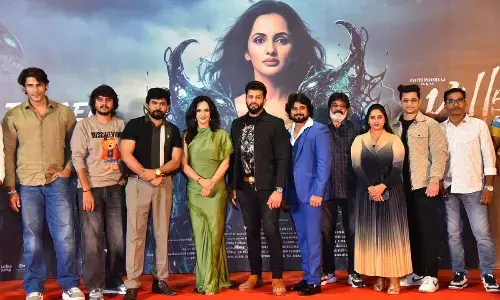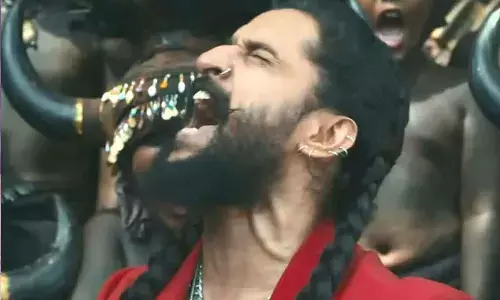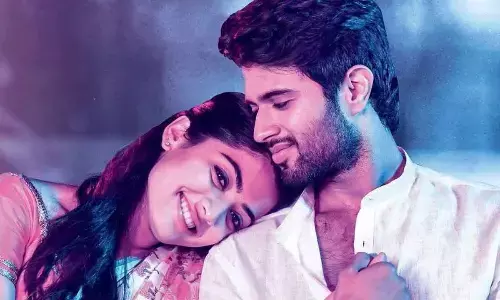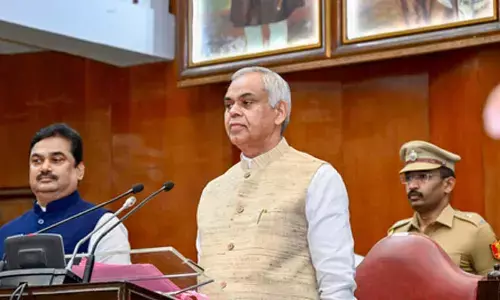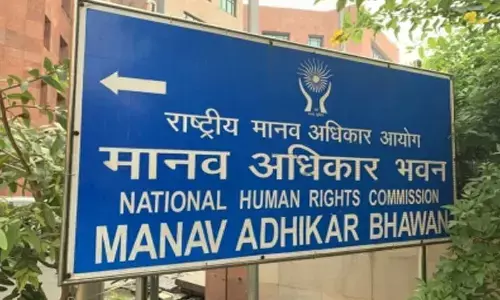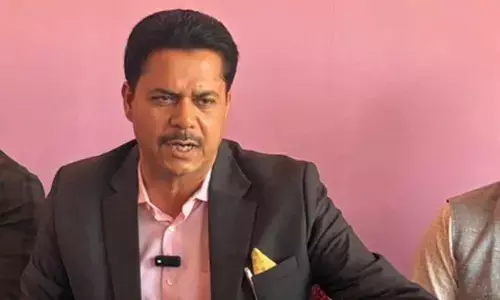Elections in India – Beyond Reform
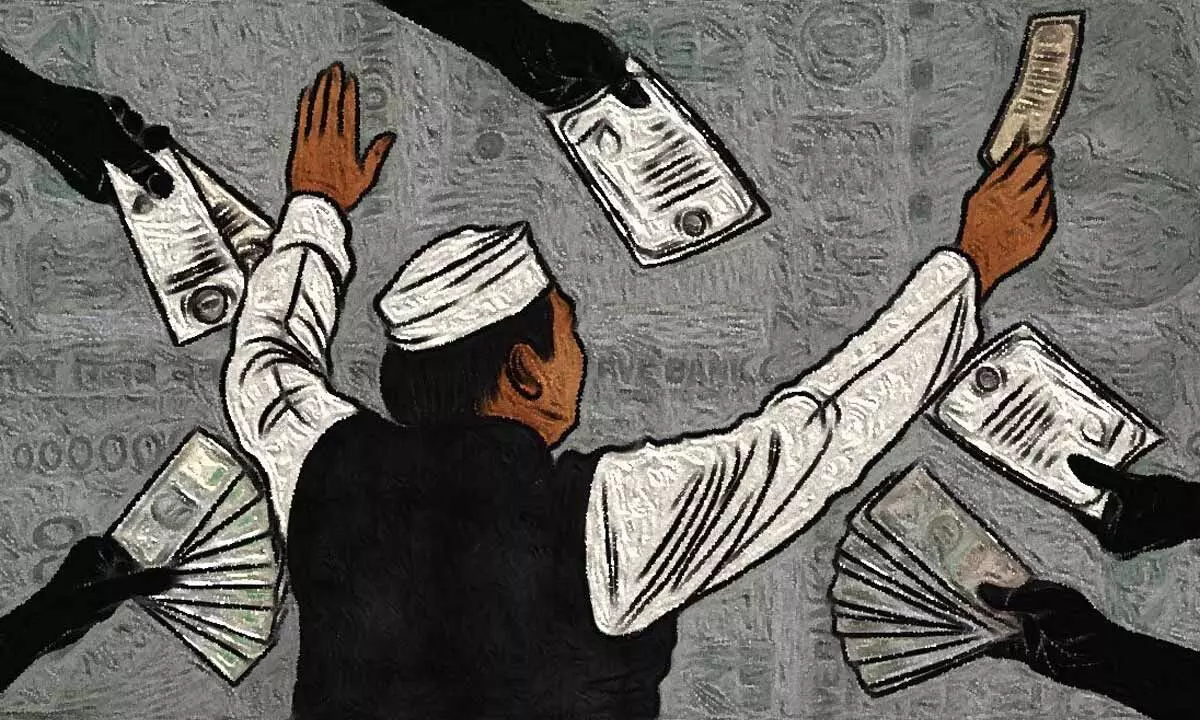
After seventy-seven years of our existence as a modern sovereign state, the achievements we proudly proclaim are that the union is still united, that we are a democracy — the biggest and the mother of all democracies — and that we have successfully and peacefully held 18 general elections, and countless state and local elections.
After seventy-seven years of our existence as a modern sovereign state, the achievements we proudly proclaim are that the union is still united, that we are a democracy — the biggest and the mother of all democracies — and that we have successfully and peacefully held 18 general elections, and countless state and local elections.
While the first two are at once both partly real and mostly rhetorical, it is the third that is tangible. Conducting elections in a country of the size and suffrage like India entails heroic and herculean orchestration and meticulous management. Indian administration rises to its highest height at such times. Being the person who has conducted and overseen two such elections (1962 and 1967), I can vouchsafe for that.
This fact is grudgingly accepted even by those who dub India as an ‘electoral democracy’. But what we have not paid much attention to has been the process preceding the voting, and to how these electoral contests are fought and their impact on governance and development and, even more crucial, their impact on the moral sinew that has long held Indian society intact. Elections consume so much energy, vigor, vitality, attention and time, that all that transpires in the name of elections permeates and penetrates the entire society far beyond, for god or for bad. During elections, development comes to a virtual halt, and normal administration does no other work. It is, therefore, time for some honest introspection.
To their credit, elections have facilitated smooth and peaceful transfer of power, and have given constitutional legitimacy to governance since Independence. Thanks to that, sustained effort was enabled to focus on development side by side with normal administration. That both are below par is a different story. Verdicts are accepted, and we have had no coups like the ones with our neighbors. Yet, in the functioning of our democracy, there has been what we may characterize as a ‘creeping coup’. It is, unlike classical coups, not overtly illegal, sudden and violent. It has been a silent, if not stealthy, but radical reversal of roles between people and governance, representatives and the represented, rulers and the ruled. Representatives behaved like the rulers, and the real rulers – the people – became the ruled. Much like the relationship between monarch and his subjects. The political class has become at once what Milovan Djilas called the ‘new class’ and the ‘highest caste’. It is this ‘class’, according to Jaswant Singh (2011, 2014), a much-respected veteran parliamentarian (who worked at the highest levels in the government) that, “has very gravely let India down India,” and it and its physical expression, the politician, has been the “single greatest factor of damage to the integrity of the Indian nation.”
More to the point, nowhere has the ‘damage’ done been higher than at the very heart of representative democracy — in elections. Foremost, the myth that we should abandon is that, through elections, it is “We, the people of India” who choose some of our fellow-citizens whom we trust enough, to speak and act on our behalf in running the government of the day. In reality, it is politicians who control the whole exercise. The candidates are chosen by them, and the elected have to abide by what the party wishes, while in the legislator, not by the will of the people.
At no stage people have any say except in the polling booth, but by then it is too late; there, too, they are asked to choose among a motley mix of weird symbols. Parties select their nominees not based on ‘suitability’, but on ‘electability’, or ‘winnability’, which is a metaphor for abundant, and illegal money and muscle power. And, star power too counts – that is why cricketers and movie stars get tickets and often go on to win and get re-elected. There is nothing more reprehensively ‘representative’ of our representative democracy than that both politicians and people prefer them; the former because they know how to win, and the latter because they know how to work the corrupt system. It may even be that we prefer them as we see them as our reflections.
That is why in the current Lok Sabha, as many as 46% members have criminal cases registered against them, and 27 of them have been convicted. In effect, our law-makers mostly are either the rich and/or the law-breakers. The real problem is not really what damage they do as law makers – they are mostly ciphers in the House. The mischief they do is outside in their constituencies.
But then, when political parties do not have democracy within, how and why do they want to be otherwise nationally? Most are run as dynasties and family fiefdoms. Any ‘elections’ held are a farce. Forming political parties is easier than starting a company, and offers a cover to legitimize illegality. There are now 6 national parties, 57 state parties, and 2,764 unrecognized parties. Our political class, with occasional aberrations, is a motley mix of dynastic leaders, lifetime politicians, party apparatchiks, and crony sycophants.
As for the voting system of the one who adopted, the First-Past-the-Post is by far the worst – by which a party with 40% electoral votes elects only 11 out of 175 legislators. At the national level, with the support of only 25.8% of eligible votes, the NDA has come back to power, which was true for previous governments too. Mandates of major parties, which few even care to read, are mostly a mumbo-jumbo of clichés, promises and ‘guarantees’, sparse in substance and devoid of ideological ideas or any strategic thoughts.
Come election time, nothing is off the table to be doled out or exploited – freebies, cash, caste, creed, booze and drugs. Drug addiction is already rampant in states in many parts of India and constant elections are adding fuel to the fire. Underscoring the menace, the Election Commission reported that in the 2024 general elections, it has seized drugs worth Rs 4,381 crore – surely the tip of the iceberg. Venality is both banal and brazen. Voters are doing dharna demanding that they be paid the same bribe as that paid to their neighbor the previous night! A former Chief Election Commissioner summed it up: “The ‘sources’ of nearly the entire money spent during elections in the country are ‘not known’… Elections are polarizing events which have accentuated casteism, communalism, corruption and crony capitalism.”
Not only that. Elections have become a dominant cause and consequence, source and symptom of the moral ambivalence and ethical decadence sweeping across India. What makes it more offensive is that elections are being equated with ‘love and war’; it means that in this too ‘all is fair’, and no moral lines are there not to cross. But the basic fallacy itself is to expect that something so pivotal and profitable in so many ways for so many rent-seeking class of people could possibly remain as islands of probity and purity in a swirling sea of sinfulness.
Let us come face to face with the breakaway truth. The defects and deficits and the dark forces they let loose in our elections cannot be fixed, mended or exorcized internally or by adopting other electoral alternatives extant in other countries like proportional representation. The reason is that what is in question is structural and systemic and a snapshot of society. The problem is not wholly the process or politicians; it is people too. The allurements – pelf, power, prestige, profit and perks – are just too sexy and seductive for a people who are weak in integrity. For, to paraphrase Oscar Wilde, we are so venal that we can resist everything except temptation.
(Note: The concluding part of the article will appear next week; Writer is a retired IAS officer of 1958 batch)




